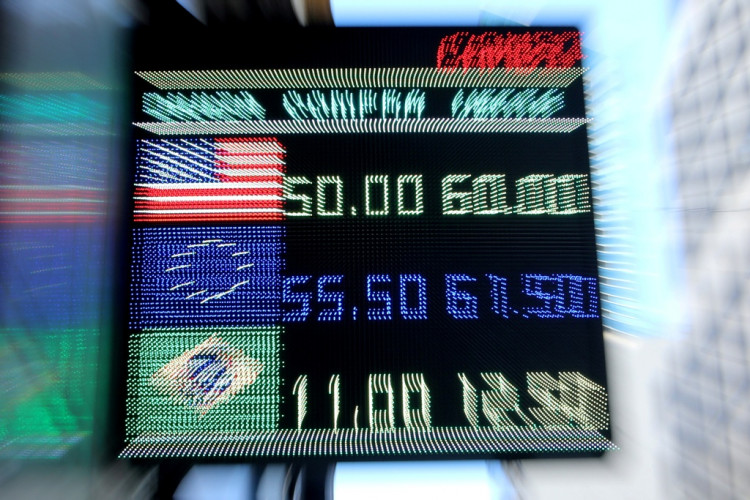Argentina, Latin America's third-largest economy, returned to capital control as its President Mauricio Macri made a last-ditch effort to salvage the country from worsening economic crisis.
The country's financial markets have been in shambles since January of 2018 and the president is making his last desperate attempt to save what was left of its economy within the last leg of his term.
Argentina's international dollar and euro-denominated bonds plunged in its lowest after Macri's announcement. This has been expected since the return to currency controls mean that the Argentine government can restrict buying foreign currencies up until peso reverts back to a much stabler stage.
The Argentine peso plunged more than 25 percent since August. Observers have been identifying several factors behind the decline with the strongest being the slim possibility of Macri's government winning another term.
Macri's administration had been known to be pro-market. The president had, in fact, promised to abolish capital controls when he took office in 2015.
With capital controls now in place, companies are obligated to seek approval from Argentina's central bank before they can sell peso. The same approval is required before they can buy foreign currencies, except when transactions involved are for international trade.
As for exporters, the central bank ordered them to repatriate foreign currency from the sale they had within five days. The central bank also delayed payments on $7 billion of bills due this year.
Countermeasures from the central bank sent investors worrying about a long-term currency control, something expected in governments with which officials have intervened.
Argentines are not excused from the newly announced requirements. They have since been limited to buying dollar without exceeding $10,000 a month.
The International Monetary Fund, meanwhile, assured that it remains in support of Argentina. The IMF's statement comes as Argentina already negotiated payments of the $44 billion debt it had from the fund.
Argentina had a three-year lending agreement with the IMF which both parties agreed in June 2018. At the time, Macri's administration provided a safety net and promised to avoid a crisis.
By August last year, the president shocked the world when it said that more Argentines are living in poverty compared in 2019. At this time, talks of recession have been louder as a currency crisis and drought affect the country's agriculture sector. The month after, the IMF increased its three-year lending agreement with Argentina by $7 billion to a total of $57 billion.






